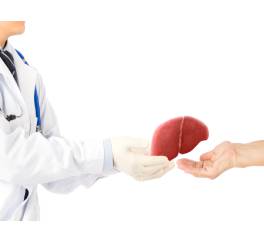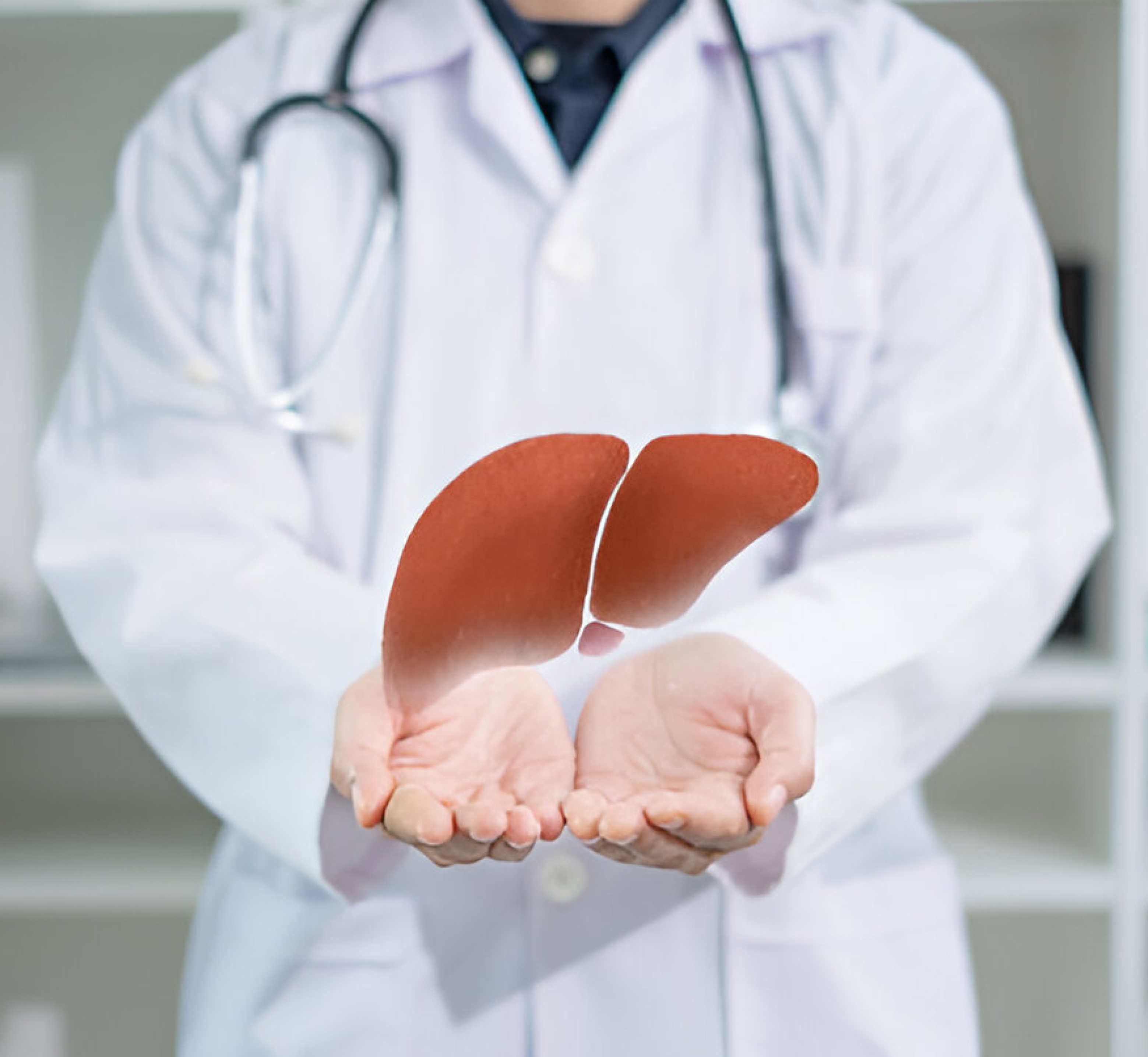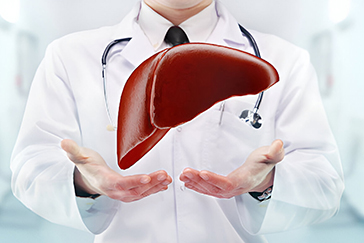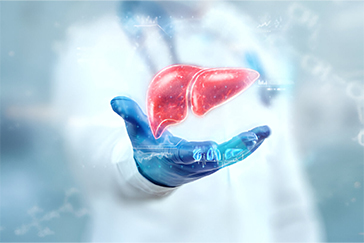 Book Appt.
Book Appt.
 Call Now
Call Now


Gallstones are hardened, concentrated particles of bile that form in the gallbladder or bile ducts. The term "gall" refers to bile; hence, gallstones are bile stones. The gallbladder is your bile bladder. It collects and stores bile for future use. Your liver produces bile, and your bile ducts transport it to the other organs in your biliary tract. Healthcare providers may use the term "cholelithiasis" to describe the condition of having gallstones. The term "chole" also refers to bile, while "lithiasis" refers to the formation of stones. Gallstones occur when bile sediment accumulates and crystalizes. Frequently, the sediment is an overabundance of one of the primary constituents in bile.
Symptoms
Gallstones usually do not produce symptoms unless they become trapped and cause a blockage. This blockage generates symptoms, the most prevalent of which are upper stomach pain and nausea. These may come and leave or stay. If the blockage is severe or lasts for an extended period of time, you may acquire additional symptoms such as
Causes
Gallstones occur when there is an excess of one of bile's basic constituents. The excess component forms sediment at the bottom of your gallbladder or bile ducts, which eventually solidifies into stones. Cholesterol stones are the most prevalent form. The other type of stone is pigment (bilirubin). This process may entail a range of components, such as:
Diagnosis
If you have gallstone symptoms, your doctor will do blood and imaging testing. Blood tests can reveal inflammation, infection, or jaundice and help determine which organs are afflicted. Imaging studies will assist in determining the source of the blockage in your biliary tract.
Your provider will start with an abdomen ultrasound, a quick and simple test that requires no preparation. The majority of gallstones in and around your gallbladder can be detected using an ultrasound. However, if a gallstone is caught someplace else in your biliary tract, you may require a different type of test to locate it. Other potential tests include:
Treatment
If your gallstones never cause difficulties, you won't need to have them treated. However, if gallstones produce a blockage in your biliary path, your doctor will want to remove them entirely, not just the blocked portion. Once gallstones have caused a blockage, they are extremely prone to doing so again. The majority of people who require gallstone treatment will undergo surgery to have them removed. Surgery is the only way to assure that gallstones do not cause problems for you again. However, if you are unable or unwilling to have surgery, there are some alternative therapies available, such as drugs and other procedures.
Gallstone surgery
Gallbladder removal (cholecystectomy) is the only effective long-term treatment for gallstones. It is one of the most popular operations performed in the world, usually by laparoscopic surgery. You can live comfortably without a gallbladder. Bile will now move directly from the liver to the small intestine. Some people who require gallstone treatment are not always in a safe enough state to undergo gallbladder removal surgery. In such circumstances, cholecystostomy is one option. This simple operation inserts a catheter into your gallbladder to drain it. It can eliminate the gallstones that are currently inside.
Medical treatments for gallstones
Gallstone medicines are rarely prescribed by healthcare providers due to their ineffectiveness. Ursodiol and chenodiol are only effective against tiny cholesterol stones that have not yet created difficulties. It can take months or years to dissolve them, and they frequently recur. For the majority of people, this is not an effective method of treating gallstones. However, there may be some cases in which drugs are useful as a temporary or prophylactic strategy. If you are not a suitable candidate for gallstone surgery, your healthcare practitioner will explain their recommendations to you.
Prevention
There is no sure way to prevent gallstones from forming, but you can take some precautions to lower your overall risk. For example, lowering your cholesterol intake can lower your risk of developing cholesterol stones, which are by far the most prevalent variety. However, this will not prevent pigment stones. If you are overweight or obese, lowering your weight can lower your risk of developing cholesterol stones. But losing weight quickly can increase your risk. If you plan to lose weight quickly after an operation or other therapy, your doctor may advise you to take gallstone medication as a precaution.
Conclusion
Gallstones are a common but potentially dangerous illness that requires prompt diagnosis and treatment. Understanding the causes, recognizing the symptoms, and getting medical guidance can all help people make more educated health decisions. Whether through lifestyle changes, drugs, or surgery, there are several treatment options available to address gallstone-related issues and promote general well-being. For information, visit SHALBY Sanar International Hospitals in Gurugram.
SHALBY Sanar International Hospitals provides extensive medical procedures backed up with our state-of-the-art technology and a team of highly qualified & experienced clinical experts.
Our doctors pen down their research findings and experiences from time to time. Their words provide deep insight into the latest techniques, technologies and other advancements in healthcare. It provides expert answers to all kinds of health questions for real-life issues.
VIEW ALL




Since the day of its foundation, SHALBY Sanar International Hospitals is committed to provide comprehensive healthcare services. It regularly organizes awareness programs in its premises and encourages outdoor healthcare activities and camps with an intent to put focus on preventive healthcare.
VIEW ALL